The Benefits of Chiropractic Care for Kids: Exploring Evidence-Based Insights
In recent years, there has been a growing interest in alternative healthcare approaches for children, with chiropractic care emerging as a popular option. While traditionally associated with adults, chiropractic care for kids is gaining recognition for its potential benefits in promoting overall health and well-being. However, before delving into its merits, let's explore the evidence-backed reasons why chiropractic care can be advantageous for children.
1. Safety and Effectiveness:
One of the foremost concerns for parents considering chiropractic care for their children is safety. Fortunately, research suggests that chiropractic treatments for pediatric patients are generally safe when performed by trained professionals. A systematic review published in the Journal of Manipulative and Physiological Therapeutics found that adverse events associated with pediatric chiropractic care are rare and typically mild in nature.
Moreover, several studies have demonstrated the effectiveness of chiropractic interventions in addressing various pediatric conditions. For instance, research published in the Journal of Manipulative and Physiological Therapeutics indicates that chiropractic adjustments can be beneficial in managing musculoskeletal issues, such as tension, neck pain, back pain and sports injuries, in children and adolescents.
2. Improved Function and Mobility:
Children are highly active individuals who may experience musculoskeletal problems due to sports activities, poor posture, birth trauma or developmental issues. Chiropractic care focuses on optimizing joint mobility, proper movement and decreasing muscular tension which can alleviate discomfort and enhance overall function in pediatric patients.
A study published in the Journal of Manipulative and Physiological Therapeutics investigated the effects of chiropractic adjustments on children with idiopathic scoliosis. The findings suggested that chiropractic treatment led to significant improvements in spinal curvature and functional outcomes, underscoring its potential in managing spinal abnormalities in children. Chiropractic care has also been beneficial in the treatment of torticollis (head tilt and/or poor rotation in the neck due to overactive/inactive musculature.)
3. Enhanced Neurological Function:
The nervous system plays a crucial role in regulating various bodily functions, including movement, sensation, and organ function. Poor moving vertebrae in the spine, can interfere with neurological signaling, potentially impacting a child's overall health and well-being. It can significantly aid in helping children reach a parasympathetic state (rest and digest) vs. a sympathetic state (fight or flight) and can be exceedingly beneficial after birth and during developmental milestones.
Chiropractic adjustments aim to improve joint mobility thereby optimizing nervous system function. A study published in the Journal of Manipulative and Physiological Therapeutics explored the neurological effects of chiropractic care in children with neurodevelopmental disorders, such as ADHD and autism spectrum disorder (ASD). The results indicated that chiropractic interventions were associated with improvements in behavioral symptoms and neurophysiological parameters, suggesting a positive impact on neurological function.
4. Support for Developmental Milestones:
From infancy through adolescence, children undergo rapid growth and development. Chiropractic care can provide support during these critical stages by promoting proper alignment of the spine and nervous system function.
Research published in the Journal of Chiropractic Medicine investigated the role of chiropractic care in infants with breastfeeding difficulties. The study found that chiropractic adjustments targeting spinal misalignments in these infants resulted in improved breastfeeding success rates, highlighting the potential benefits of early intervention.
Conclusion:
While chiropractic care for kids may still be met with skepticism by some, evidence-based research suggests that it can offer numerous advantages in promoting pediatric health and well-being. From improving musculoskeletal function and mobility to enhancing neurological function and supporting developmental milestones, chiropractic interventions hold promise as a safe and effective complementary healthcare option for children. As always, it's essential for parents to consult with qualified healthcare professionals to determine the suitability of chiropractic care for their child's individual needs.
At Identity Chiropractic we pride ourselves on our attention to detail when it comes to working with our patients - even the little ones! We spend quality time with with the parents and kids to get a full history and provide us the best chance at reaching their health goal together.
- Team IC


